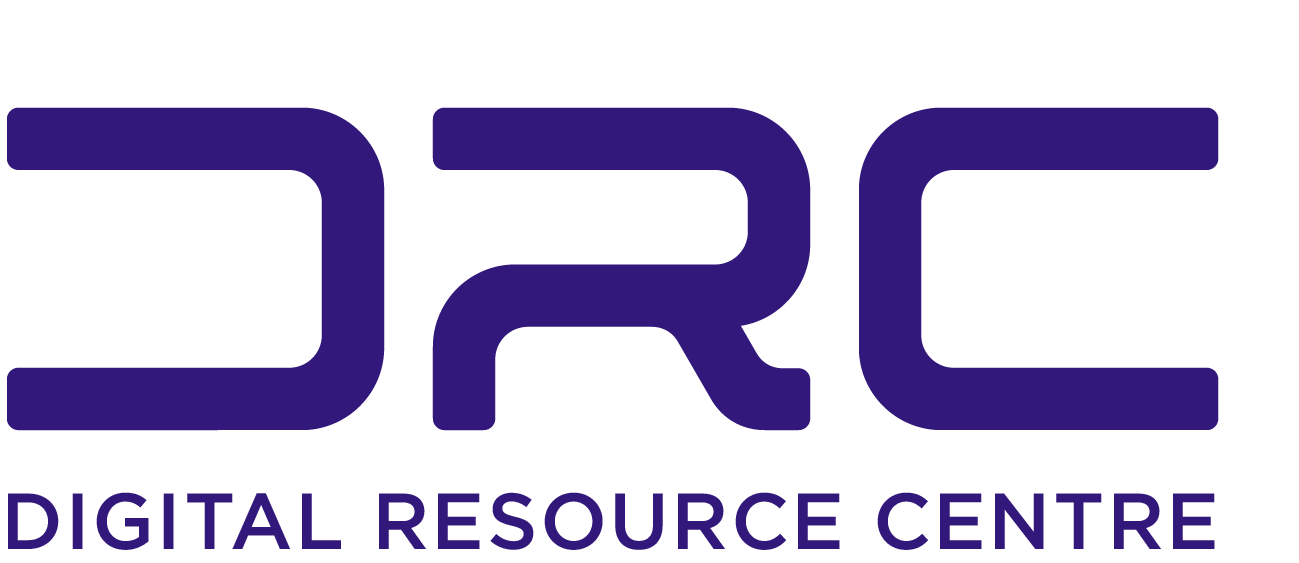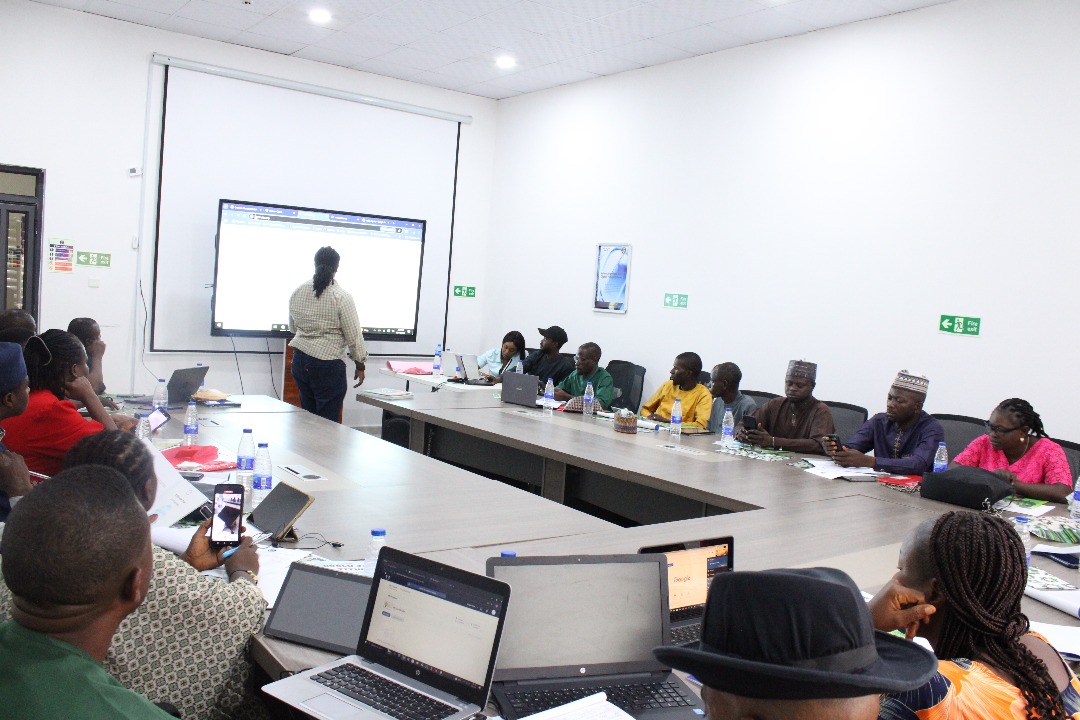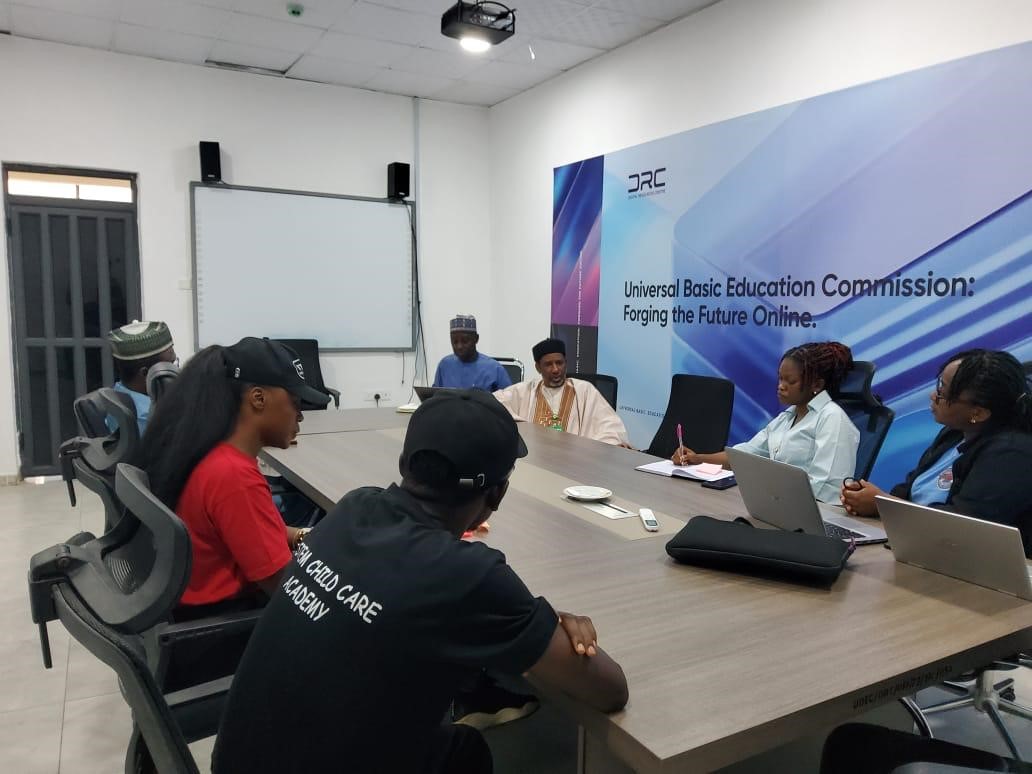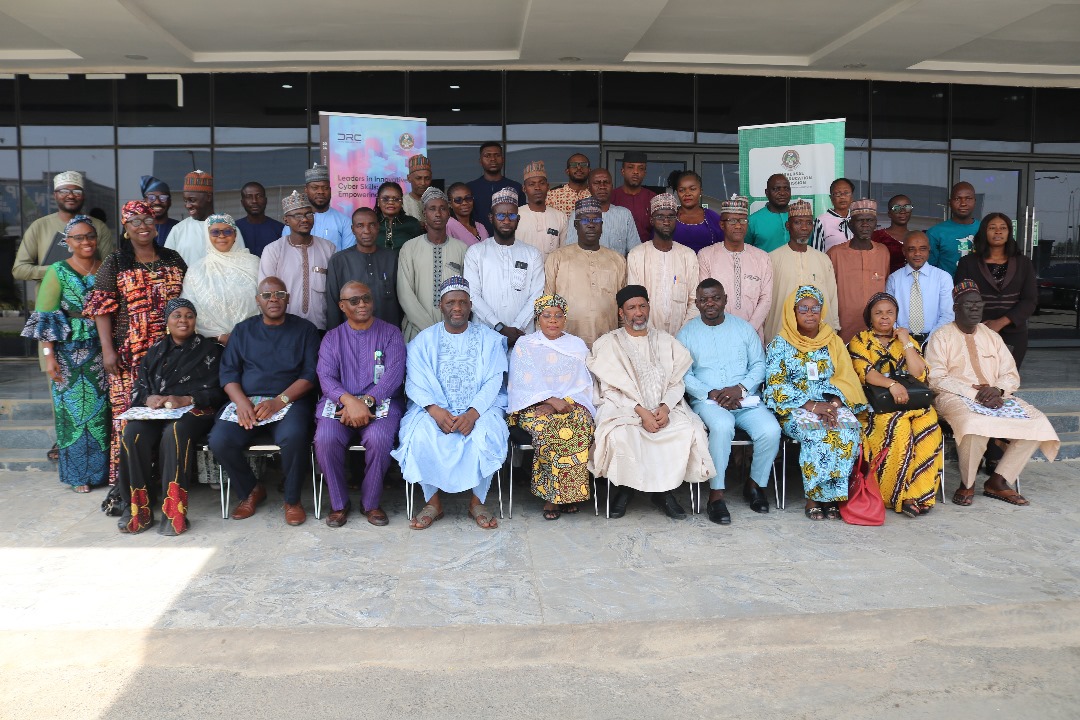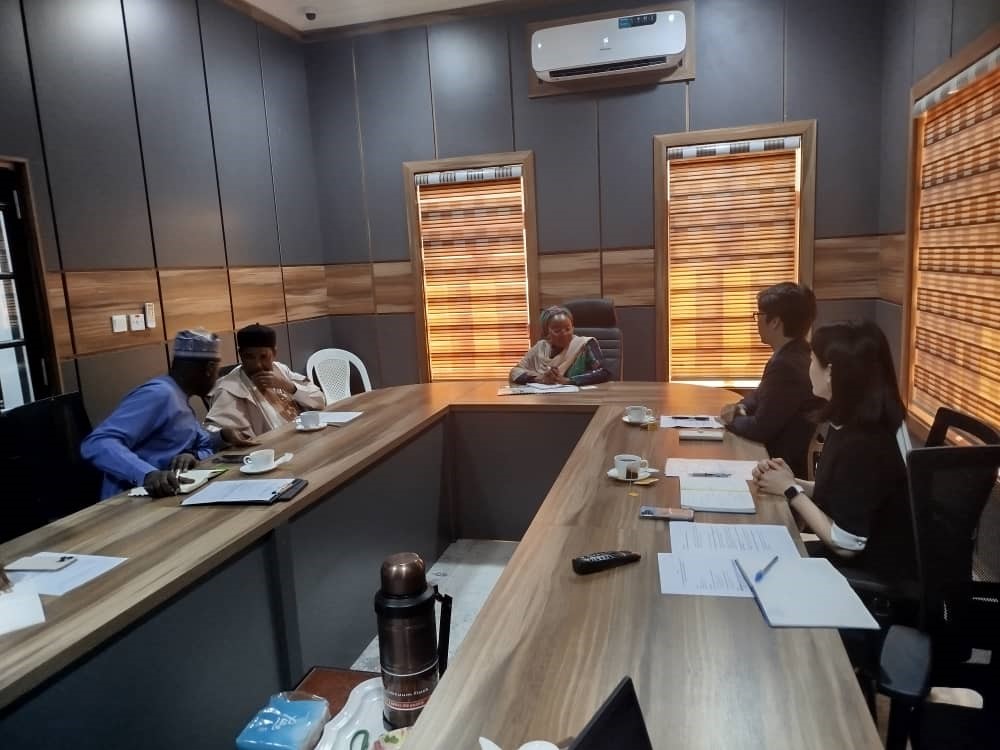UBEC/NABU Equips Teacher-Librarians with Creative Literacy Skills
In collaboration with NABU, the Universal Basic Education Commission (UBEC) Digital Resource Center (DRC) organized a Workshop on Creative Literacy for Teacher-Librarians from 21 operational UBE Model Smart Schools in Nigeria. The three-day workshop focused on introducing creative digital literacy programmes like the ‘Read-aloud’ sessions and reading fairs to make reading an enjoyable adventure and experience for learners. This initiative aims to enhance literacy education through innovative and culturally relevant methods, thereby creating access to over 300 digital and physical storybooks in indigenous languages. NABU is a nonprofit organization dedicated to expanding access to literacy resources for children in their mother tongue and is committed to transforming literacy education through culturally relevant, innovative, and creative approaches. The workshop was designed to empower teacher-librarians with the knowledge, tools, and confidence needed to lead the NABU programme in the UBE Smart Schools by familiarizing them with NABU’s resources and exposing them to cutting-edge literacy practices.
